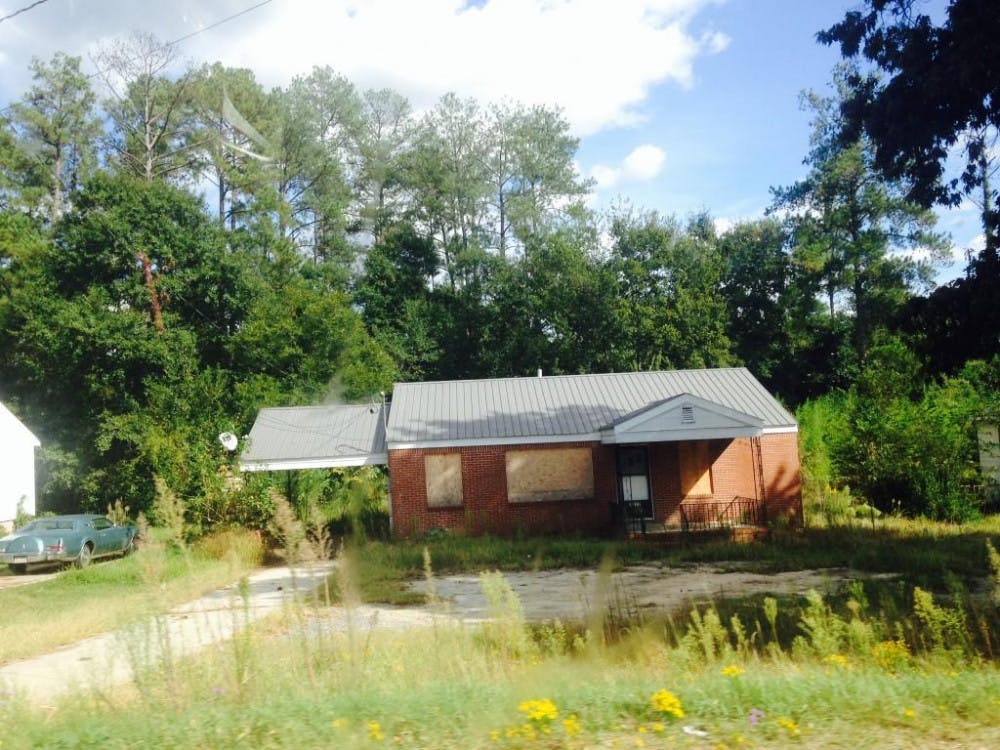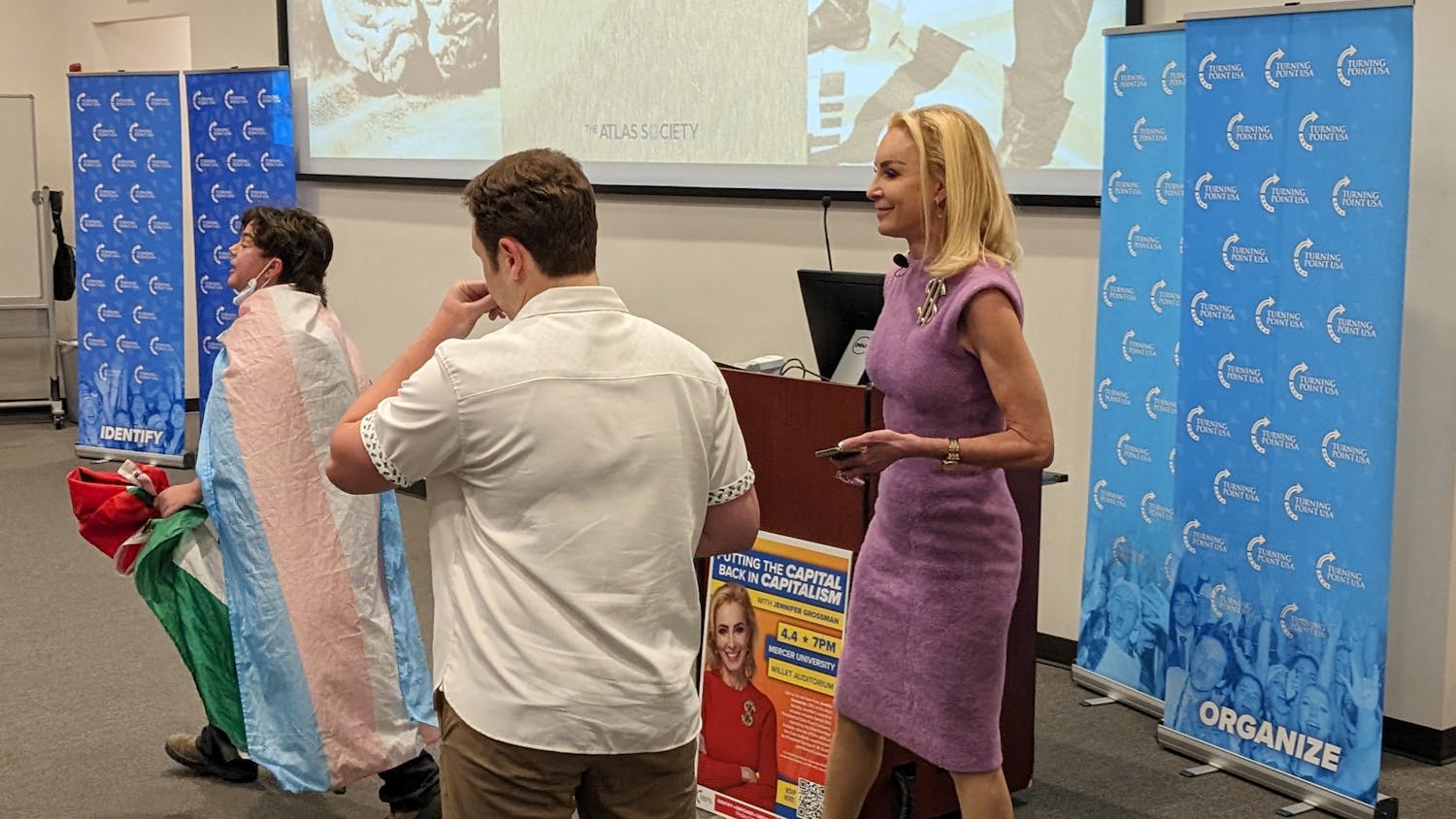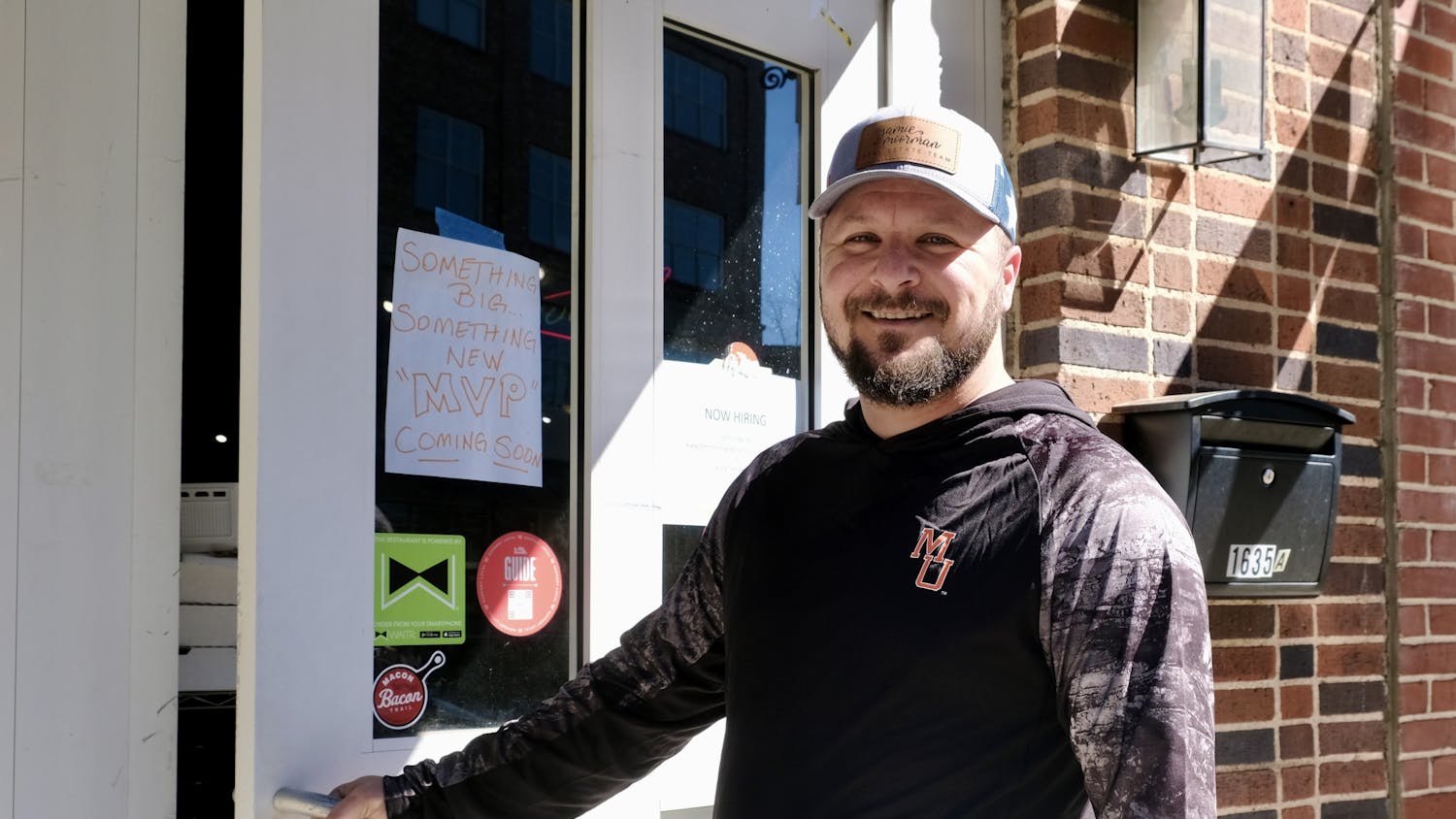Blight is the vacant lot next door with a couch and litter strewn around. Blight is condemned buildings, and blight is uncondemned buildings. Blight is an overpopulation of stray cats and dogs. Blight is a weedy lawn that has not been mowed in months. Blight is unsightly, ugly and unprepossessing. Blight is urban decay. Blight has a broader definition than a place being rundown, and it infects more than simply sight.
The talk around town lately has centered around residential blight—neglected houses with pieces of plywood where the windows and doors used to be or the stair caving in—and commercial blight, or empty business buildings. Both are equally terrible for the economy and cultural welfare of a city. Both can be witnessed in Macon-Bibb County. Both should be the top priorities on everyone’s activism to-do lists, and I believe most residents and [progressive] community leaders throughout the city truly want to see this overarching problem become the talk of yesteryear.
But why should the average Joe care about either residential or commercial blight? Well, this may or may not come as a surprise, but it affects every single person—even, quite frankly, Mercer students. Those most directly affected are those who witness the decay everyday.
At an informal community meeting on blight held on Oct. 7 at the East Macon Gymnasium, a man spoke truthfully about how blight lowers self-esteem and kills pride. If you are not surrounded by nice things, you do not think that you deserve nice things yourself or have the capacity to take care of those things, which is untrue in the utmost sense but lends a hand to the theory of cyclical poverty. According to an editorial in the “Telegraph” about “UnBlight” (an unstructured conference on housing data held by the Center for Collaborative Journalism and the Sunlight Foundation), Mayor Robert Reichert said that growing up in a dilapidated neighborhood breaks an individual’s spirit. Further, widespread residential blight invites vandalism and sometimes worse crime. Property values for surrounding homes are lowered. I could probably enumerate the atrocities of blight all day, but that would not be a productive, ambitious activity.
What is useful, one the other hand, is trying to help bring hope toward blighted areas, to work on reforming laws in place currently which are detrimental to the city’s future and to brainstorm with fellow residents (because we really are all in this together).
I do not wish to brag unnecessarily on my peers and professors in the Center for Collaborative Journalism, but from my perspective, it seems they have truly been integral in starting the conversation on why blight persists in Macon. During my first year taking classes with the CCJ, they began a project with the “Macon Telegraph” and Georgia Public Broadcasting called “Macon in the Mirror” through which everyday voices had the opportunity to speak out about drawbacks of living here. Last year, upper level students in a data journalism class worked on statistical ways to map blight. Numerous other community meetings, both formal and informal, have taken place to try to hash out possible ways to change our current situation.
Currently, my investigative reporting class is involved with a multiple-partner project on commercial blight. If you or anyone whom you know has strong opinions about / experiences with being affected by all of the empty stores they live around, please call or text (478) 569-2624. We would really like to hear your side.

Blight affects every single person

Erin Brett serves with the United Nations Humanitarian Response Depot aiding in Hurricane Dorian relief efforts in the Bahamas.




